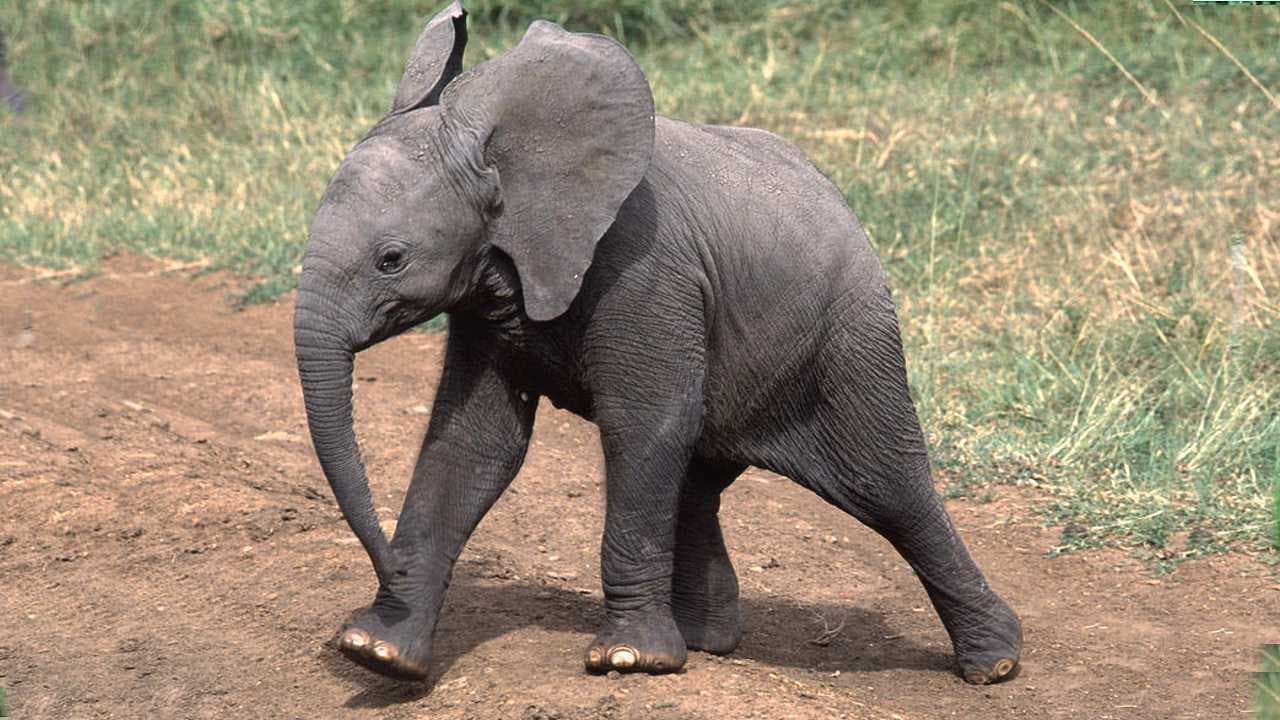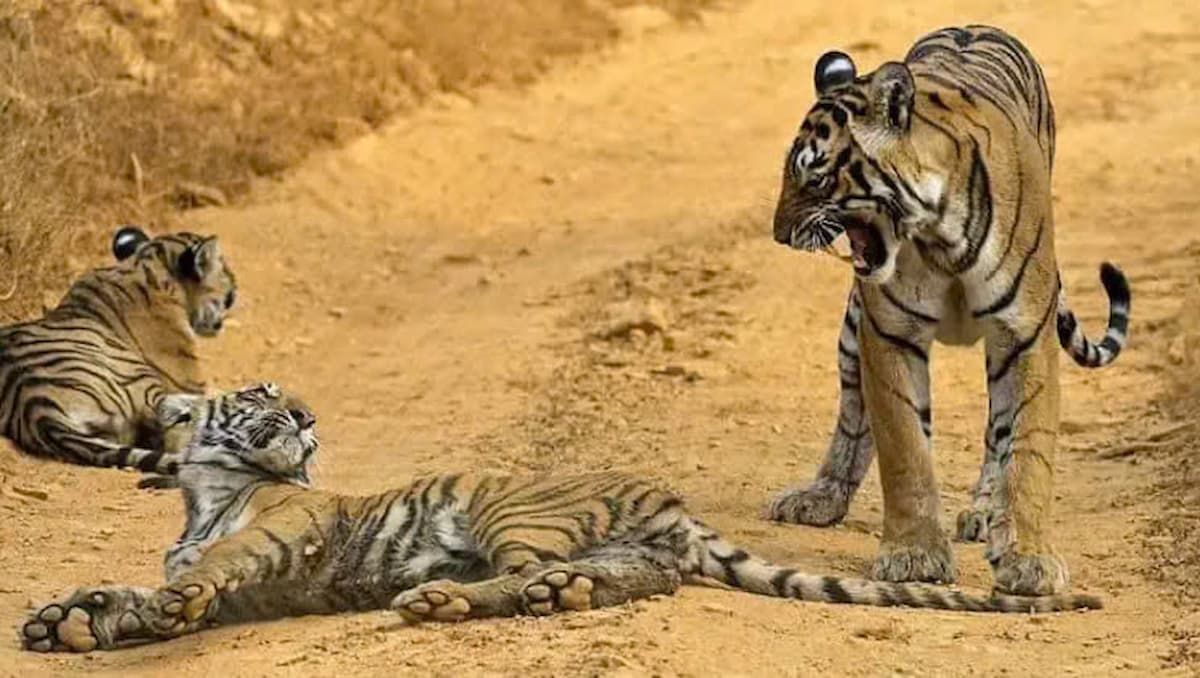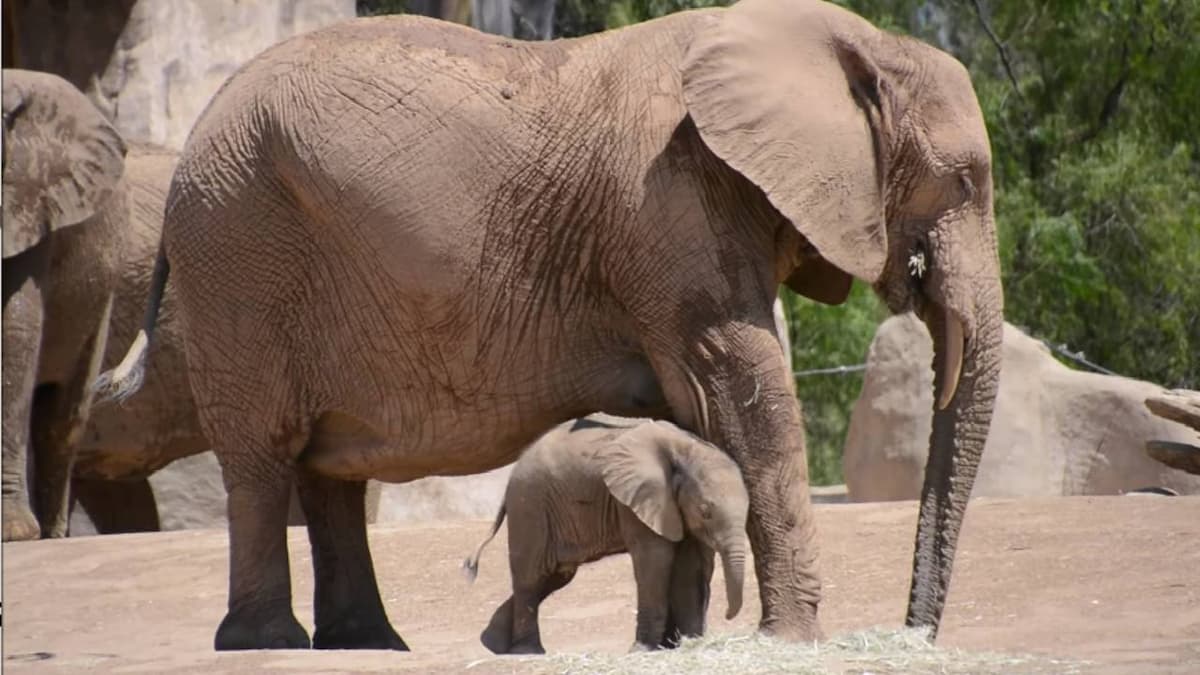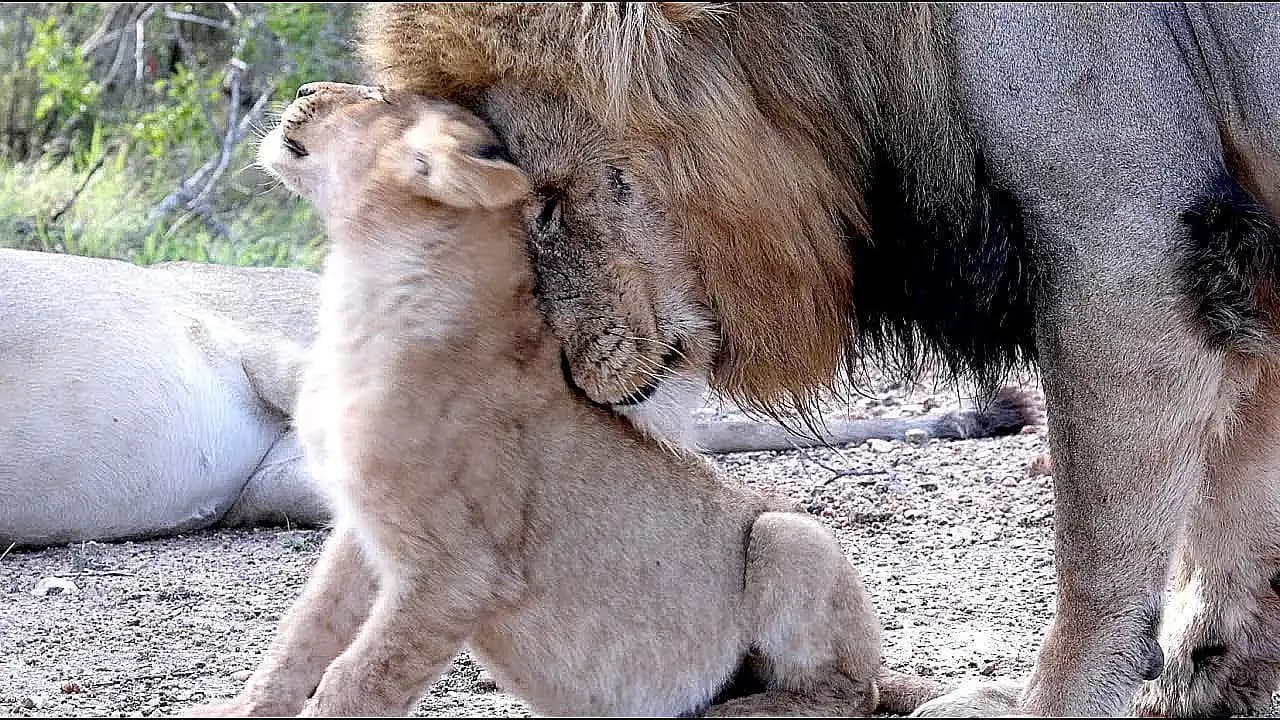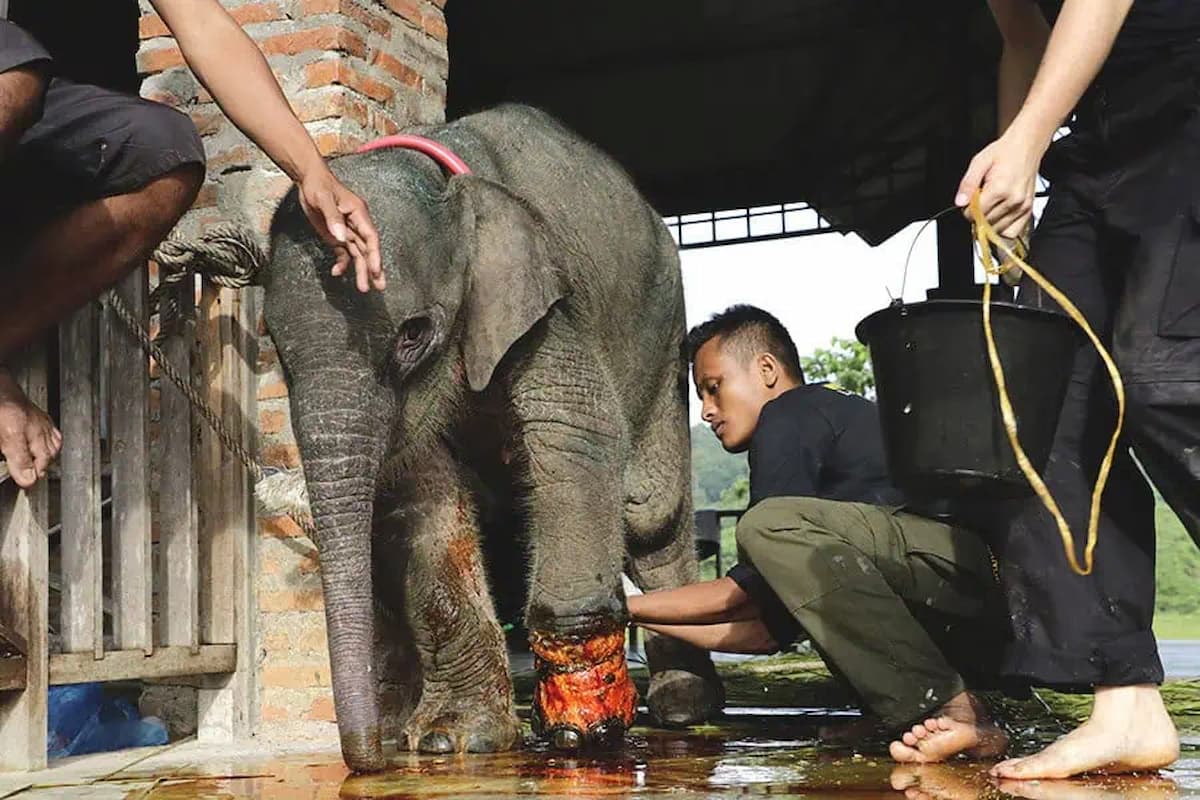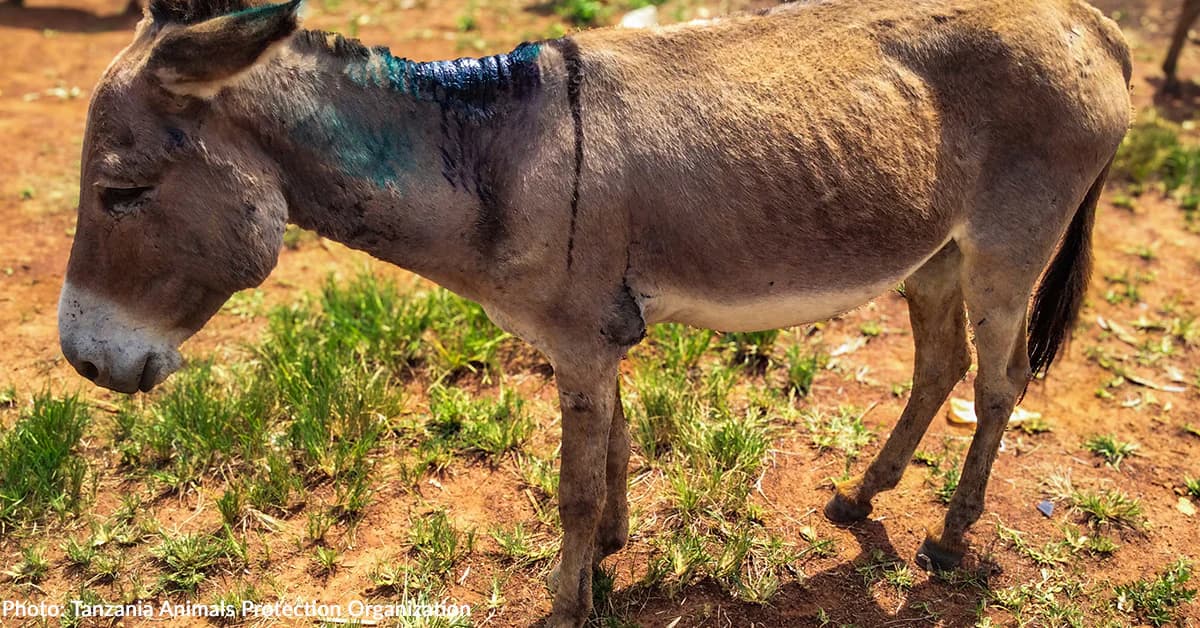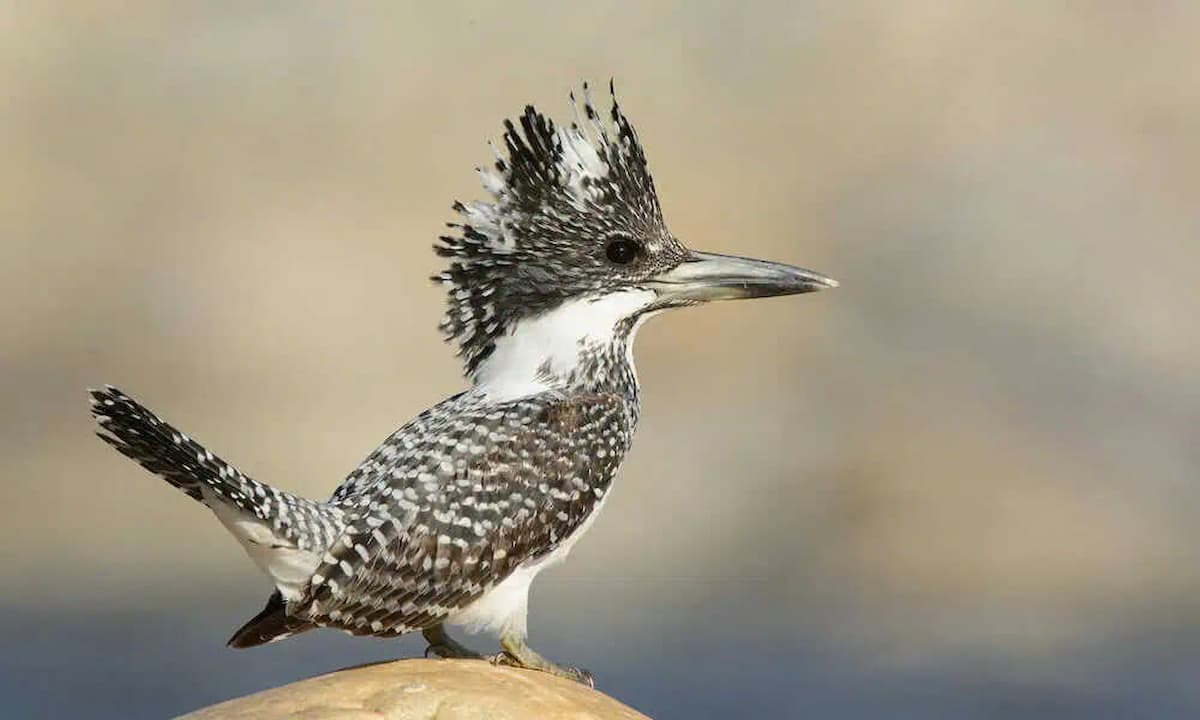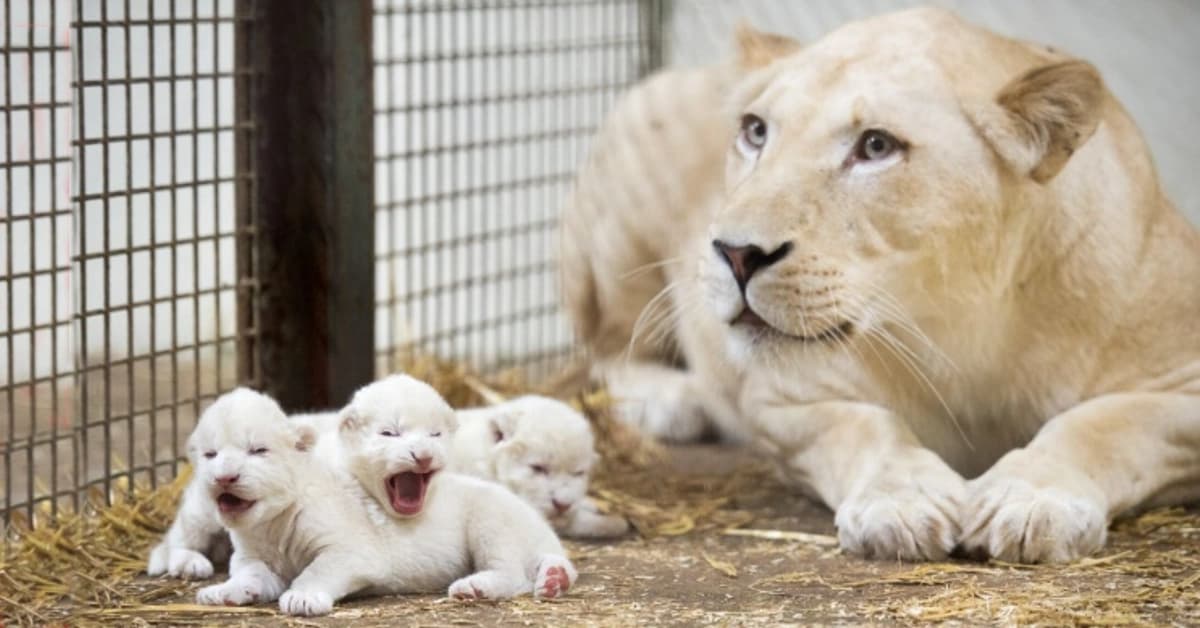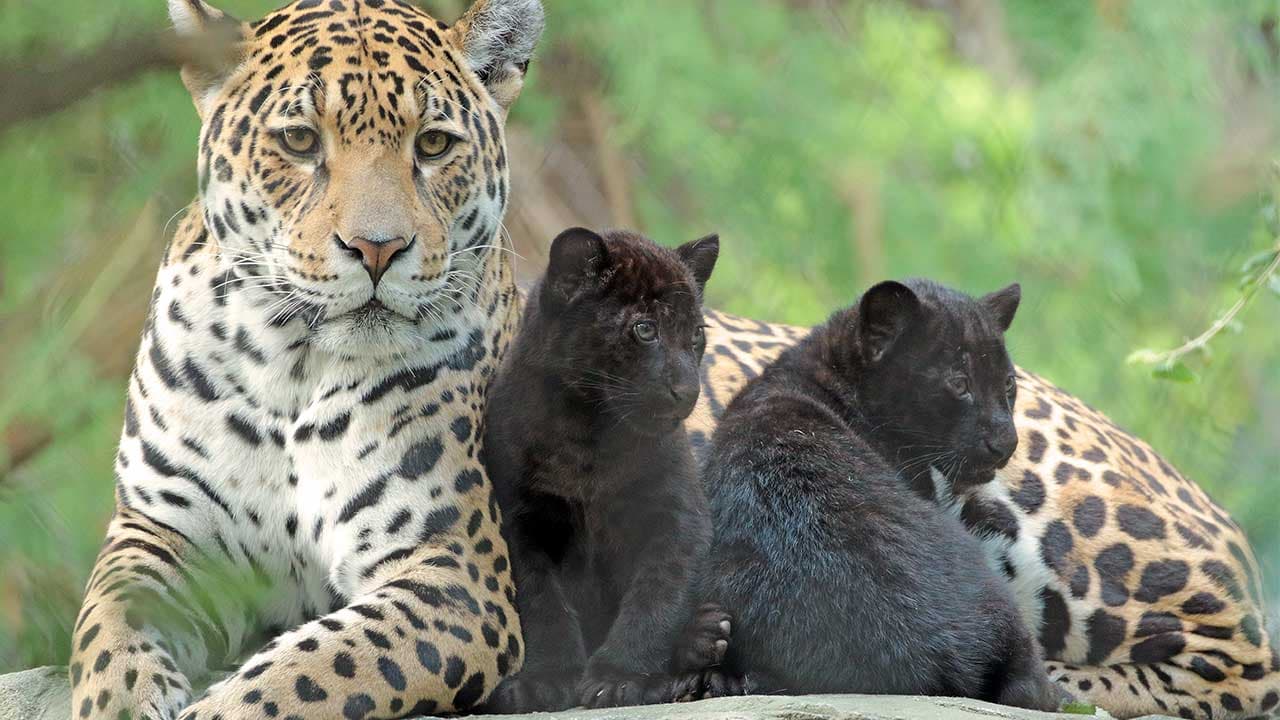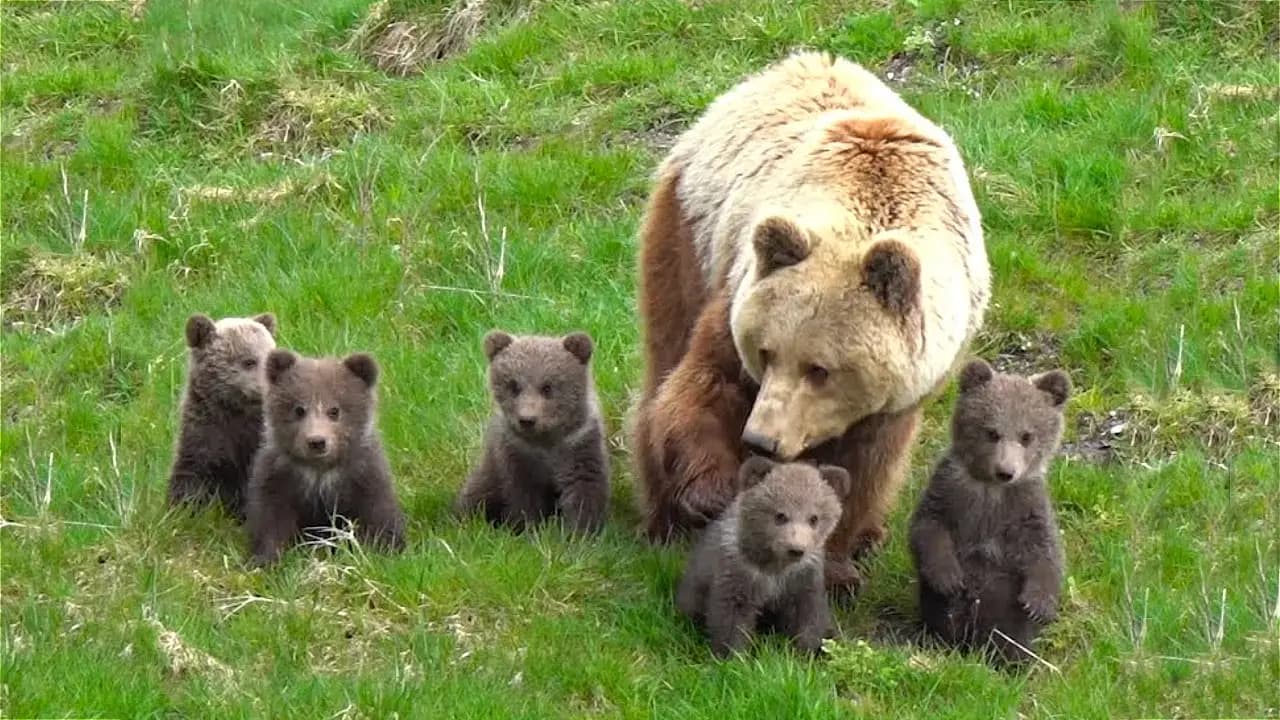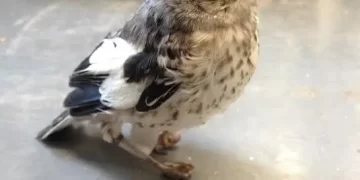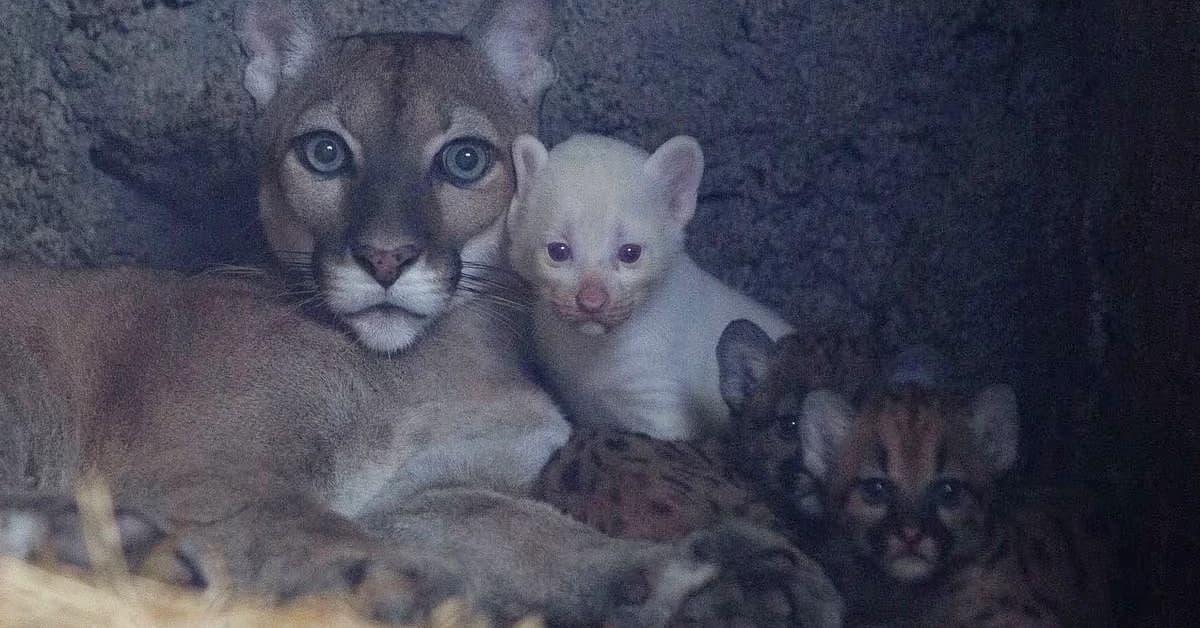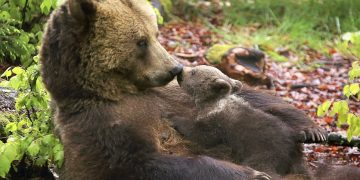The tapir, the largest land mammal native to South America, has existed for tens of millions of years, but its continued survival is under constant threat due to the demand for its meat and hide, illegal logging, and habitat loss and fragmentation. This year, its habitat has been further diminished by the devastating wildfires in Brazil’s Pantanal, a biodiversity hotspot, which have burned millions of acres since the fire season began early in June. Many animals have been severely burned in these fires, and with your help, we’ve been able to support medical care for them.
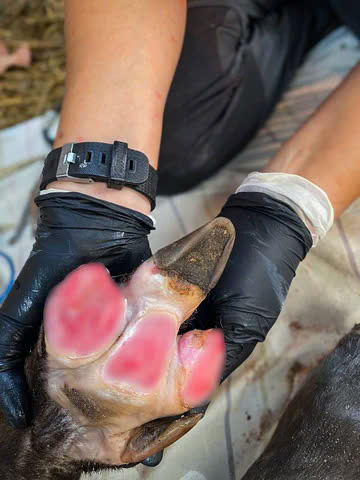
Thanks to clicks, participation in quizzes, charity shopping, and direct donations, we have partnered with Greater Good Charities and the conservation organization Onçafari from Brazil to care for wildlife affected by the fires. This includes jaguars, a species with a high population density in the Pantanal, as well as tapirs. The tapir population in the Pantanal is considered vulnerable. Three other species are listed as endangered. Among the individuals Onçafari is caring for, while dealing with their own challenges at their ecotourism sanctuary, are two young tapirs found alone amid the devastation.
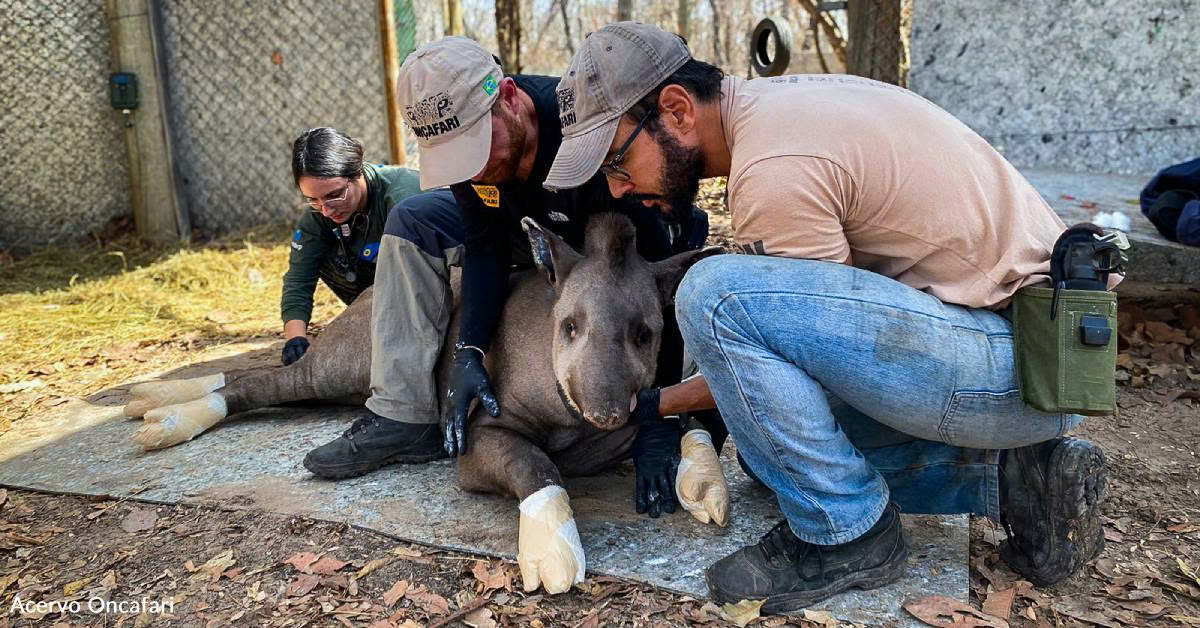
Melancia, or Watermelon, was rescued at around six months old. She was named for the characteristic spotted coat of young tapirs, as well as her “sweet and gentle” spirit. This gentle girl was severely dehydrated and had significant burns on her legs when found. Her condition required intensive treatment, along with other care measures until she can be released back into the wild. She is at an age where she should still be with her mother, raising concerns about her readiness for release.
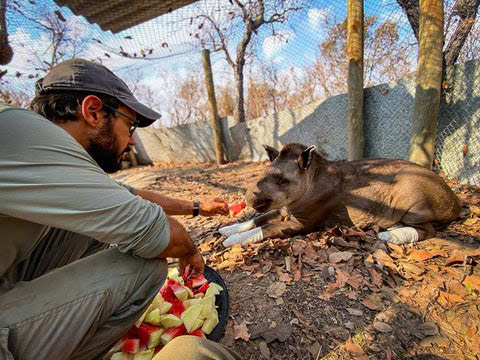
Another tapir being cared for is Valente, a 1-year-old tapir believed to have been living independently before being rescued. He was also found in poor condition, requiring intravenous fluids and suffering from burns on his legs, just like Melancia. Throughout his treatment, he has remained strong and brave, which is the meaning of his name.
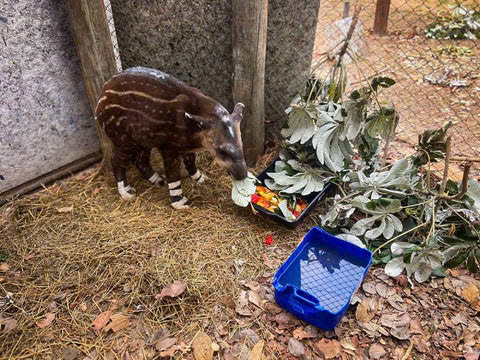
The fires in the Pantanal began to intensify in June, the hottest and driest month ever recorded, and the fire season started six times stronger than in 2020, a year that was particularly devastating, referred to as the “year of the flames.” This region is home to hundreds of unique and endangered species, making the biological impact significant. Due to the harsh conditions, Onçafari finds itself caring for many of these animals, which requires additional efforts, including habitat restoration, conservation work, and jaguar research.

